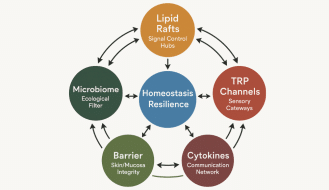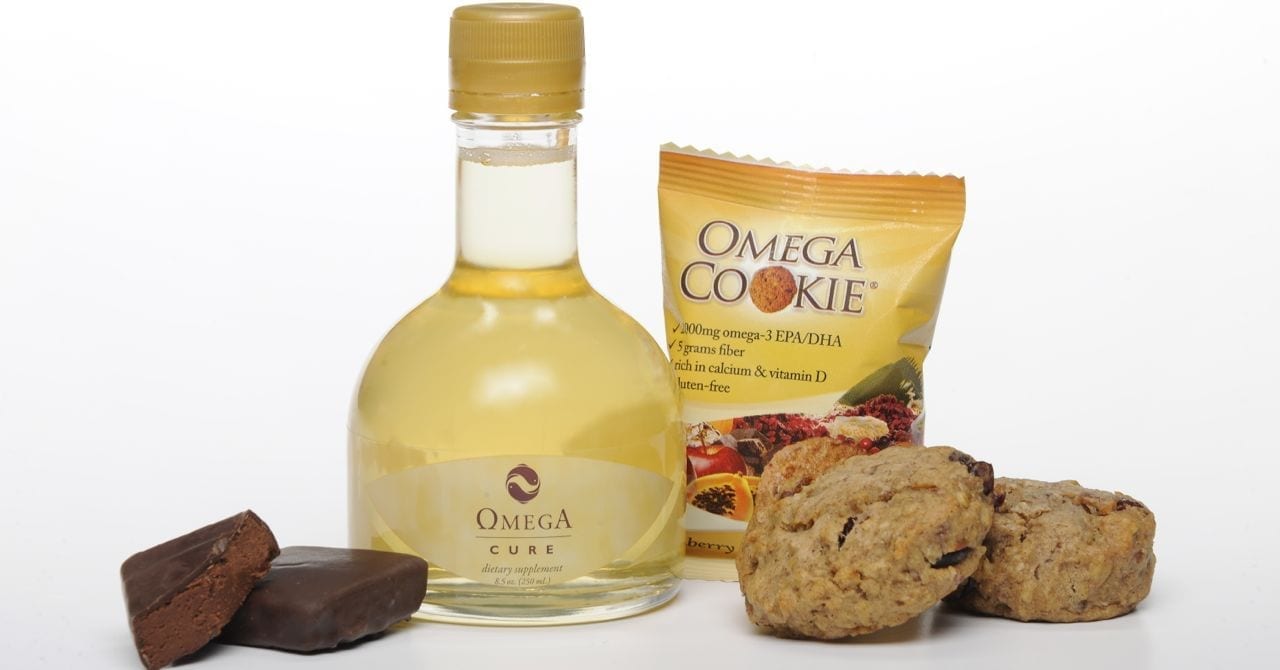Could Multivitamins be a Threat to Your Health?
Some time ago, I received a letter from an old patient of mine.
He asked, “Is it true what research reports from Denmark are saying ? Does taking particular vitamins increase the risk of disease and dying?”
The Vitamin B Paradox
The letter brought back memories from many years ago when I was investigating the effects of taking vitamin B supplements. In the 1990s, scientists and cardiologists stated that if a person had increased homocysteine levels in the blood, the patient would be carrying a significant risk factor for heart disease. At the time, physicians recommended taking a high dose of vitamin B, which would lower the homocysteine level dramatically and theoretically solve the problem.
But a few years later, the University of Tromsø and the University of Colorado both published well documented studies stating that consuming vitamin B supplements could actually increase the risk of heart disease, even though vitamin B improved homocysteine levels.
I was puzzled. However, when I considered the issue, I realized that the vitamin B paradox could be seen in the same light as another vitamin’s supplement story – namely vitamin E.
Lessons from Vitamin E Research
Originally, it looked like vitamin E would be a very beneficial supplement for treating heart disease. But then came new reports stating the opposite and a suggestion about why:
Vitamin E is a family of eight different members. When the supplement industry started to push the vitamin, manufacturers only used the most common alpha member and left the other ones alone. Subsequent analysis showed that this super-supplementation of the alpha version created a depletion of the less prevalent, but still important vitamin E members.
Given that the human body is programed to run using a full array of nutrients, it makes sense that lopsided supplementation of just one substance would not have the same positive effects as consuming balanced nutrition.
It is interesting to note that the most simple vitamin – vitamin C – seems to escape the criticism. Can it be because vitamin C doesn’t have a number of family members, and therefore we don’t create new imbalances by taking it?
The Importance of Balanced Supplementation

Coming back to omega-3, new research suggests that fish oil supplements are not as effective as previously thought – directly contradicting earlier findings. Could the problem lie in the manufacturing of many omega-3 supplements?
Looking at some of the most common fish oil manufacturing techniques, I would not be surprised.
In the process of putting fish oil into capsules, the beneficial healthy balance of omega-3s in the fish is changed both by the relative proportions and chemical structure. If the manufacturer does not take care to preserve the freshness of the oil, the oil cleaning and encapsulation process creates new byproducts. And if the oil is skimmed – as almost all omega-3 fish oils are – the oil loses important nutrients. In most cases, we end up with something that is far removed from the original chemistry of the fish. Moreover, the deviation from Mother Nature’s recipe seems to get worse the more the industry tries to handle the fish oil by pumping up the concentration of just one fatty acid.
Sadly, eating fish regularly (and in the dose necessary to get enough omega-3) can cause problems because most fish contain some degree of heavy metals and pollutants. Because omega-3 fish oil is filtered for all toxins and heavy metals, consuming a fish oil supplement daily might ultimately be more beneficial than eating the food source from which it comes – but that is only if the fish oil maintains the integrity of the natural fatty acid balance.
This is the reason we produce a fish oil that completely mirrors the fat composition of the fish. We believe that Omega Cure’s unique freshness and full-spectrum fatty acid composition provide the basis for its extraordinary potency – and explains why so many of our customers see dramatic results.
Back to the multivitamin discussion, we hope that future studies will take into consideration how manufacturing techniques might influence the ultimate benefits delivered by the supplement at hand.
References:
Hildebrandt, Sybille. “Confirmed: Vitamin Pills Can Cause Death.” Science Nordic. March 24, 2012.
Dolara P, Bigagli E, Collins A. “Antioxidant Vitamins and Mineral Supplementation, Life Span Expansion and Cancer Incidence.” PubMed. June 9, 2012.
Bønaa KH, Njølstad I, Ueland PM. “Homocysteine lowering and cardiovascular events after acute myocardial infarction.” PubMed. March 12, 2006.
Lange H, Suryapranata H, De Luca G. “Folate Therapy and In-Stent Restenosis After Coronary Stenting.” PubMed. June 24, 2004.
Popular posts



Related posts







